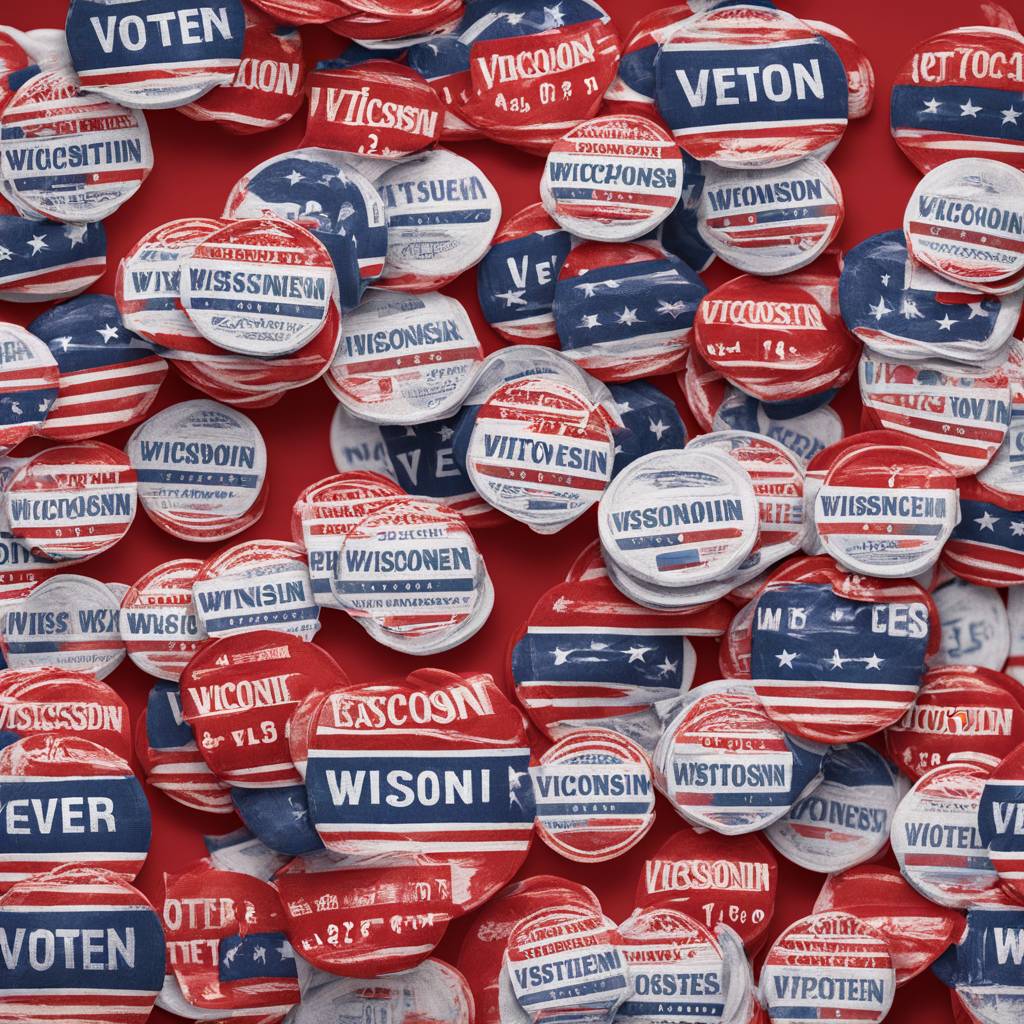Voters in Wisconsin recently approved adding language to the State Constitution that will forbid officials from accepting donations of money or staffing to help run elections. This change was proposed by the Republican-controlled Legislature and stemmed from concerns raised about the 2020 election, including objections to donations from groups supported by Mark Zuckerberg and Priscilla Chan, as well as assistance from nonprofit organizations. These funds were used for various election-related expenses, such as polling place rental fees and training for poll workers. President Biden narrowly won Wisconsin in 2020, and Republicans have argued that election funding should be provided by the government and distributed equally among all jurisdictions.
Opponents of the ballot question argued that existing Wisconsin law already specified who could work as an election official, and passing the amendment could have unintended consequences. By taking the issue to a statewide vote, Republicans were able to bypass Governor Tony Evers, who previously vetoed a bill that would have banned private grants for elections. The funding of election administration by private entities became a prominent issue after the 2020 election, as many election offices needed additional support due to the challenges posed by the Covid-19 pandemic.
Wisconsin is not alone in seeking to limit private financial support for election administration, with 27 states passing restrictions on donations since 2020. Supporters of the ban on donated support have raised concerns about unequal distribution of funds in left-leaning parts of the state potentially influencing election results. In 2020, the Center for Tech and Civic Life, supported by Mark Zuckerberg and Priscilla Chan, gave substantial grants to election offices in Democratic-leaning cities, leading to accusations of the funding disproportionately benefiting Democrats. Conservative groups in Wisconsin, including the Wisconsin Institute for Law and Liberty, have urged voters to approve the changes to the Constitution, citing unfair advantages for certain municipalities.
The Democratic Party of Wisconsin, along with other left-leaning and civil rights groups, opposed the ballot measures, arguing that elections were underfunded by the state and that the amendments were vaguely written. They highlighted the importance of private grants in helping clerks pay for essential election expenses and ensure smooth and secure elections. Wisconsin has a long history of political division, with both parties accusing each other of undermining democracy and the rule of law. The aftermath of the 2020 election continues to play a significant role in the state’s politics, with ongoing legal battles and attempts to change election procedures.
In conclusion, the recent changes to Wisconsin’s State Constitution regarding private donations and staffing for elections have been met with both support and opposition. These changes were prompted by concerns raised about the 2020 election and are part of a broader national trend to limit private financial support for election administration. The ongoing political division in Wisconsin has made these issues particularly contentious, with both parties vying for control in a state that is seen as crucial in national elections. The outcome of these changes and their impact on future elections in Wisconsin remain to be seen.








